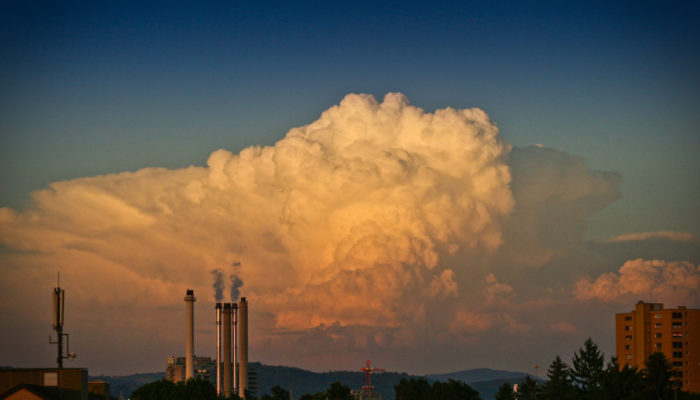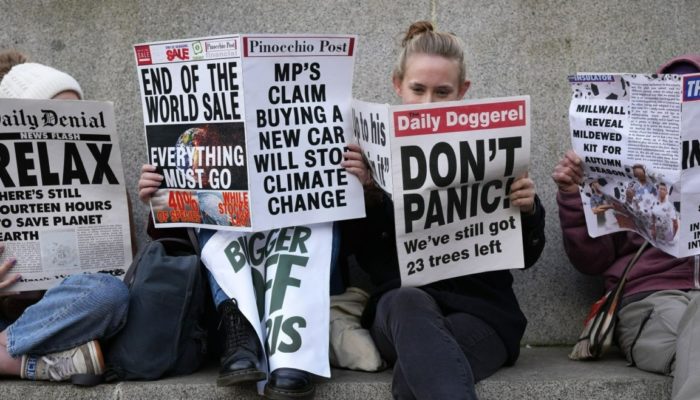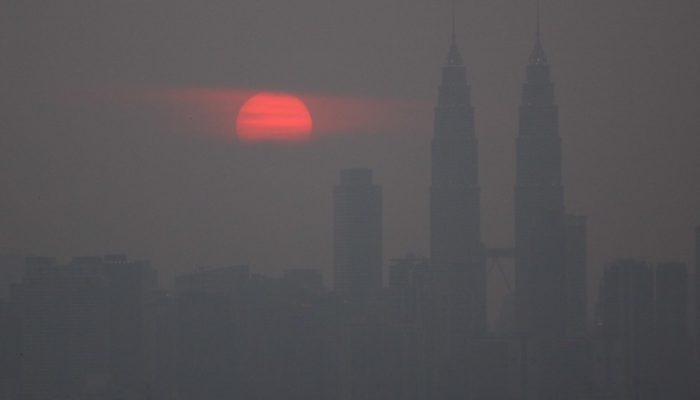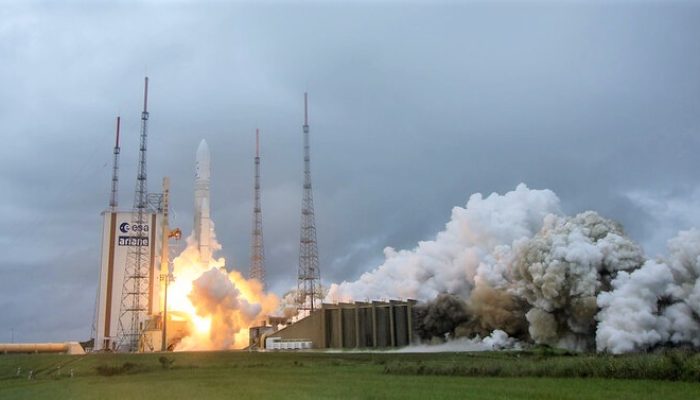Around the world, the shift to hydrogen is being considered a key strategy to decarbonize the environment, with experts even calling it the fuel of the future. Hydrogen now features in all eight of the European Commission’s net zero emissions scenarios for 2050, promising to end our dependence on fossil fuels and reduce CO2 emissions across industries. So it comes as no surprise that billions of e ...[Read More]
How a Spanish newspaper experiment is improving public understanding of climate change
Climate change is not a new phenomenon. Nor is global warming. So why do researchers report a poor public understanding of this subject around the world? According to a recently published study, 70% of the people surveyed said they were concerned about rising global temperatures but had little knowledge about the climate crisis. When asked how much they knew about the origin and effects of global ...[Read More]
Spring, Summer, Winter…Haze?
Around the world, societies have many different ways to define the seasons, but for most people a season is identified by a set of culturally specified events, such as the arrival of migratory birds, certain anticipated weather patterns, or a range of expected temperatures. Over recent years many studies have examined the various ways that anthropogenic climate change has affected the way that our ...[Read More]
The James Webb Telescope may forever alter our view of the universe
Where is Webb? This seemingly simple question is quickly making its way into everyday conversation, and not just in scientific and astronomy circles. After a long 32-year wait, NASA officially launched the James Webb Telescope a couple of weeks ago on 25 December 2021. More recently, the telescope deployed its final primary mirror segment on 8 January this year, a crucial milestone in its mission ...[Read More]




